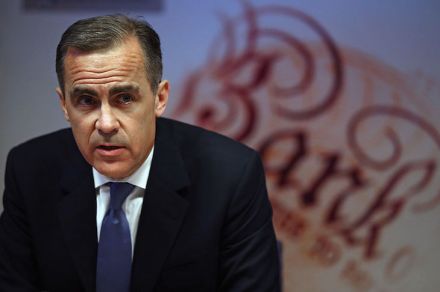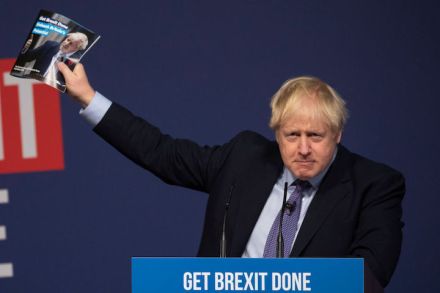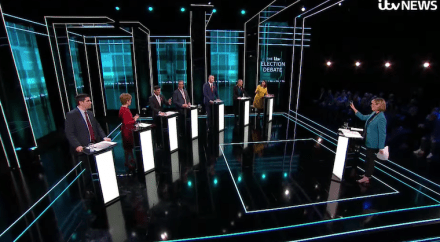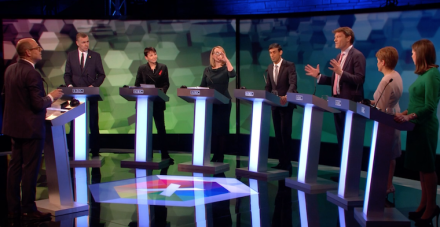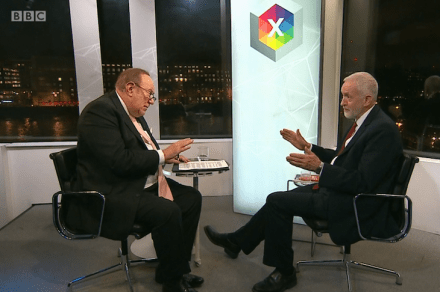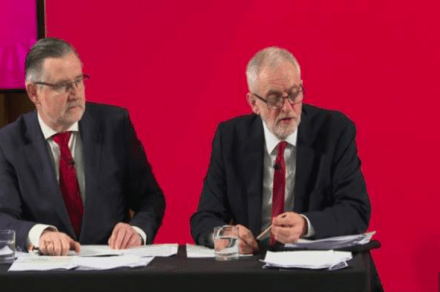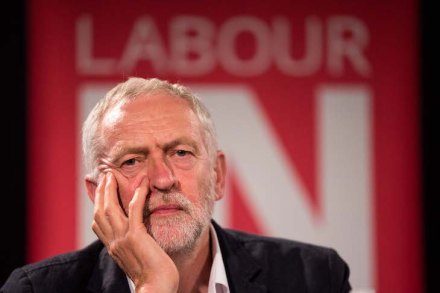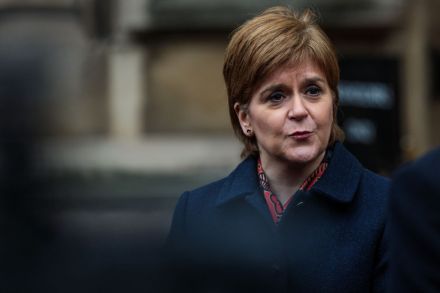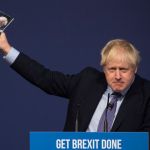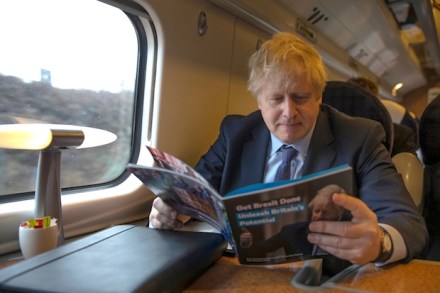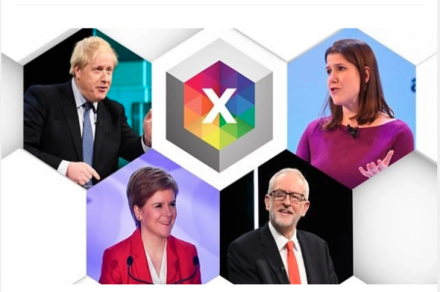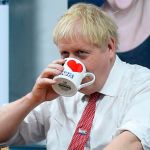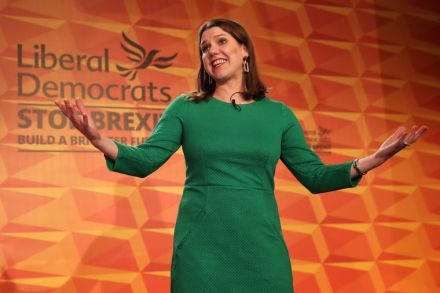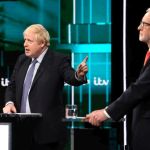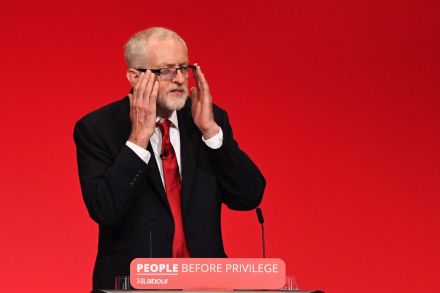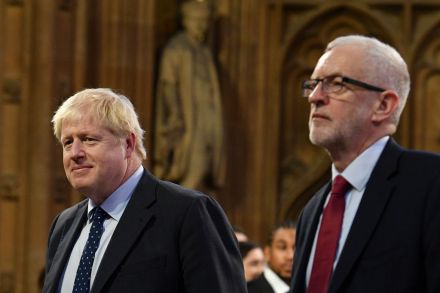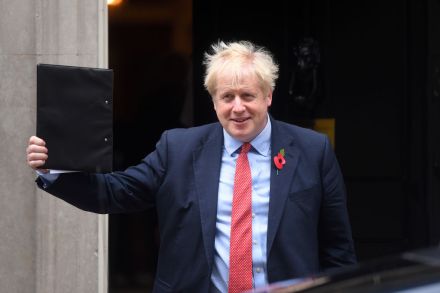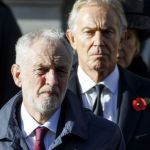This is the most important election in modern history – it’s time to take sides
Next week, voters will decide the future of the government, of Brexit, and perhaps of the Union. Jeremy Corbyn has been perfectly clear on what he offers: a radical experiment in far-left economics, going after the wealthy to fund the biggest expansion of government ever attempted in this country. Boris Johnson proposes to complete Brexit and restore much-needed stability to government. But given that about half of voters still oppose Brexit, the race is close. The prospect of Jeremy Corbyn in government – and all that this implies – is all too real. And it might become so if those who oppose him do not actively vote against him next week.
